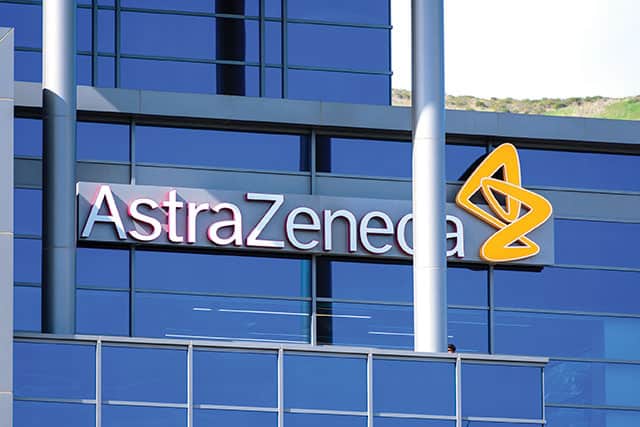
Questions are growing surrounding the efficacy data recently released by AstraZeneca (AZ) and Oxford University, after the World Health Organisation (WHO) said on Sunday that it needs ‘more than a press release’.
The WHO’s director of immunisation, vaccine and biologicals Katherine O’Brien commented at a news conference on Friday: “What we have seen is a press release. And what is really the next most important step is that the data needs to be evaluated based on more than a press release.”
“There is only – first of all – a limited amount that can be said in a press release. Secondly it really needs to be reviewed in terms of the data and questions asked about the data that may come up in the course of the review,” she added.
Last week, AZ released the first efficacy data for its Oxford University-developed vaccine candidate, revealing that the vaccine had an average efficacy of 70%.
However, one dose regimen – which saw researchers administer a half dose, followed by a full dose one month later – was found to be up to 90% effective at preventing COVID-19.
According to AZ’s executive vice president of biopharmaceuticals, Mene Pangalos, this half dose regimen was pure “serendipity”.
Initially, trial participants were intended to receive two full doses, but when researchers noticed that the side effects were milder in one group than expected, they discovered that, for that group, they had “underpredicted the dose of the vaccine by half”, said Pangalos.
“That, in essence, is how we stumbled upon doing half dose-full dose (group). Yes, it was a mistake,” he told Reuters.
After identifying the error, researchers notified regulators who gave them the green light to continue the study.
Experts have since pointed out that the improved effect seen within the half-dose group may have been tested within too small a population to definitively demonstrate efficacy.
According to the BBC, around 3,000 participants were given the half dose regimen, with nearly 9,000 volunteers receiving two full doses of the vaccine.
AZ has maintained that the data is preliminary, and that they expect to publish the full data in peer-reviewed medical journals soon. The company will also submit the full data to global health regulators for approval.
“As we communicated (last) week, there is strong merit in continuing to further investigate the half-dose/full-dose regimen,” said an AZ spokesman.
“We are further evaluating the data and will work with regulators on the best approach for further evaluation. This would add to data from existing trials which are currently being prepared for regulatory submission,” the spokesman added.




